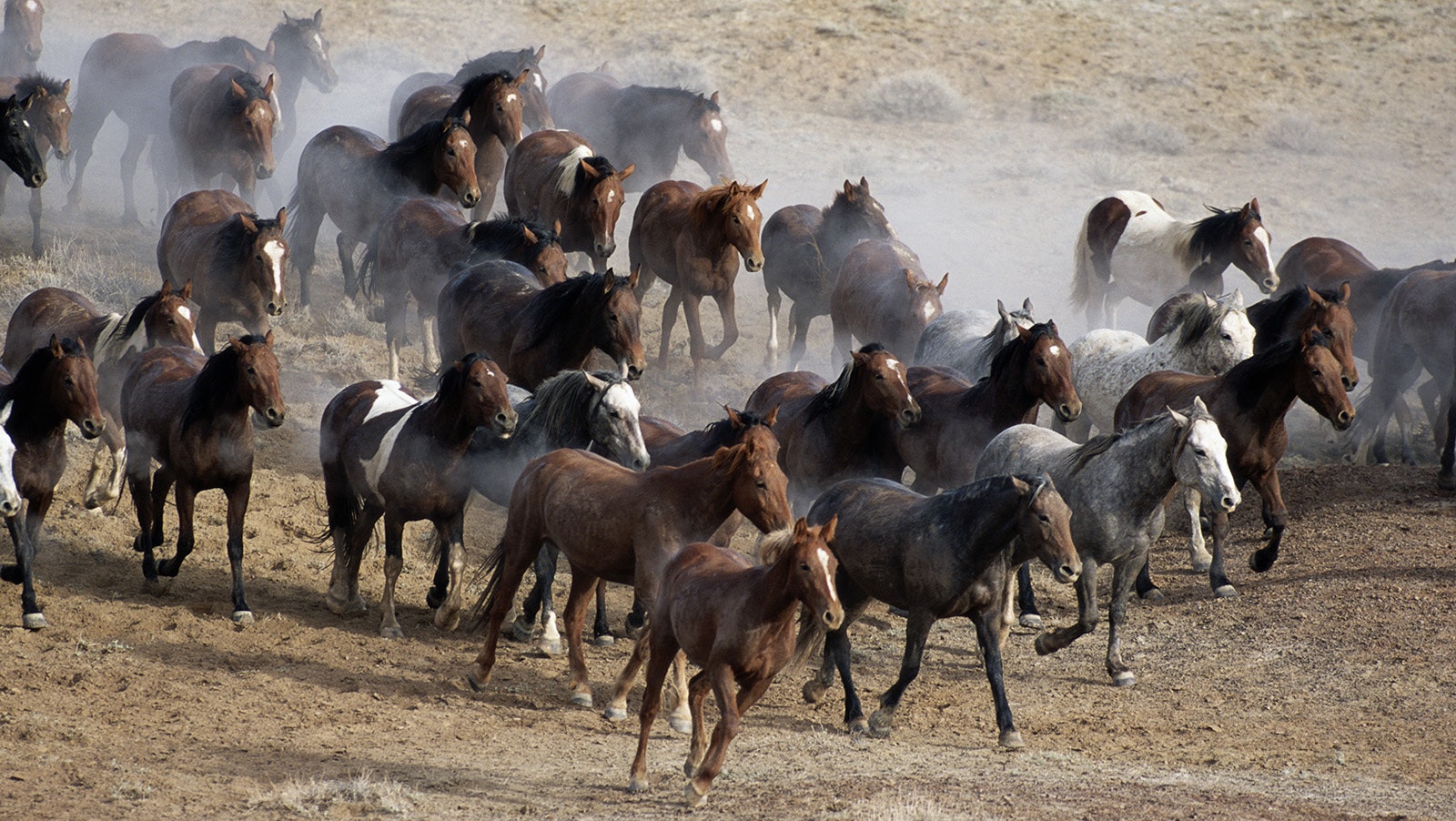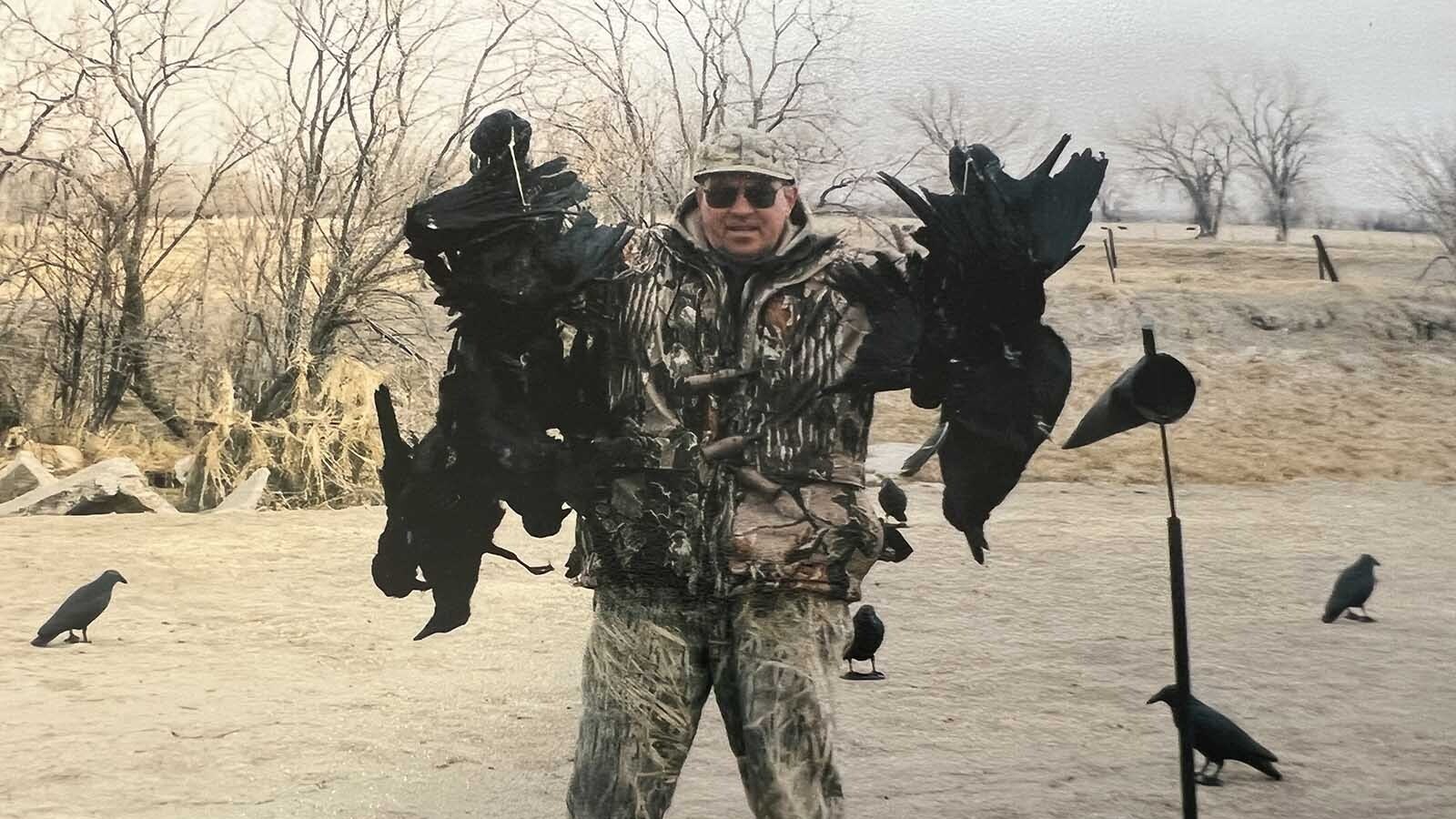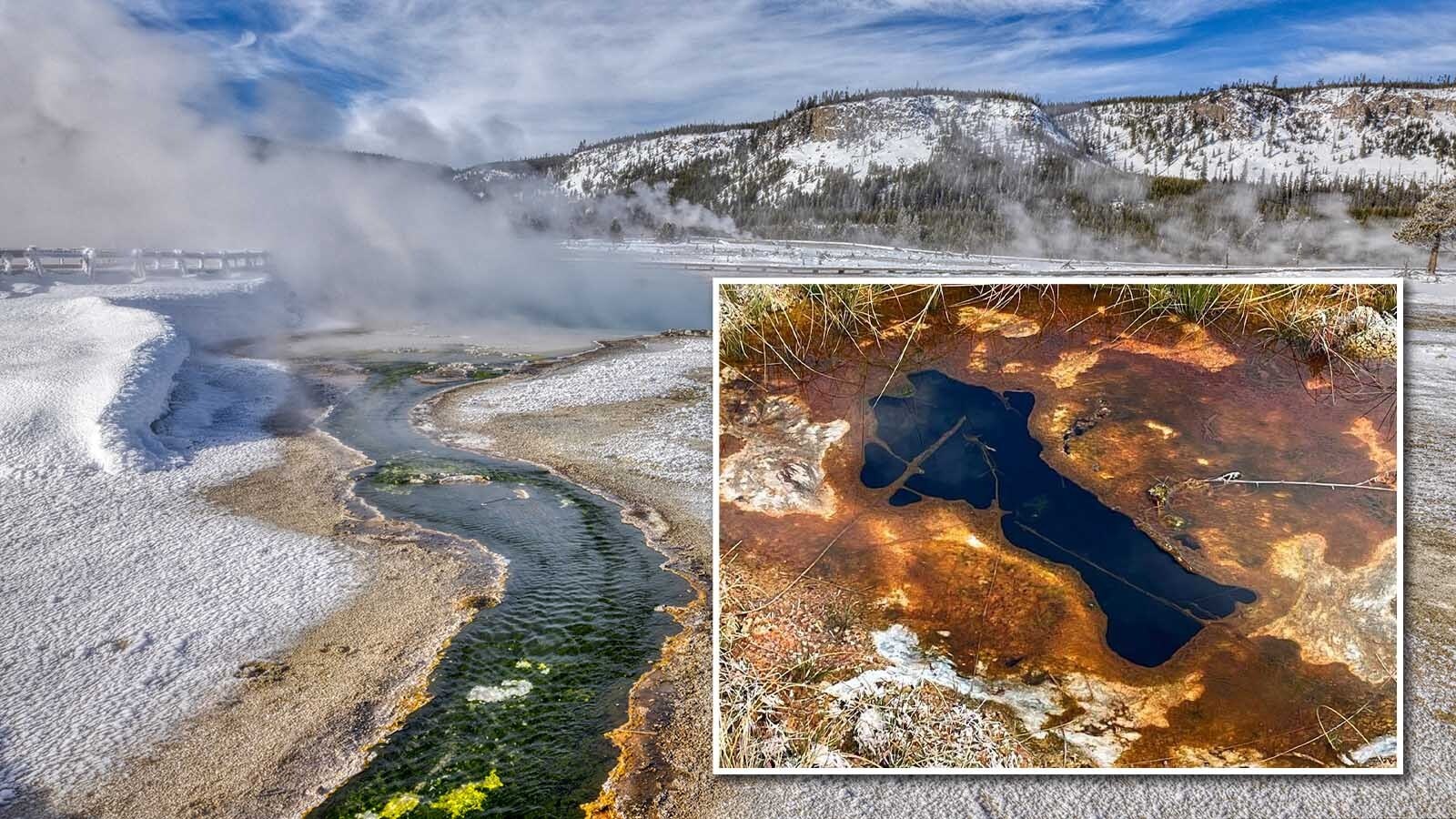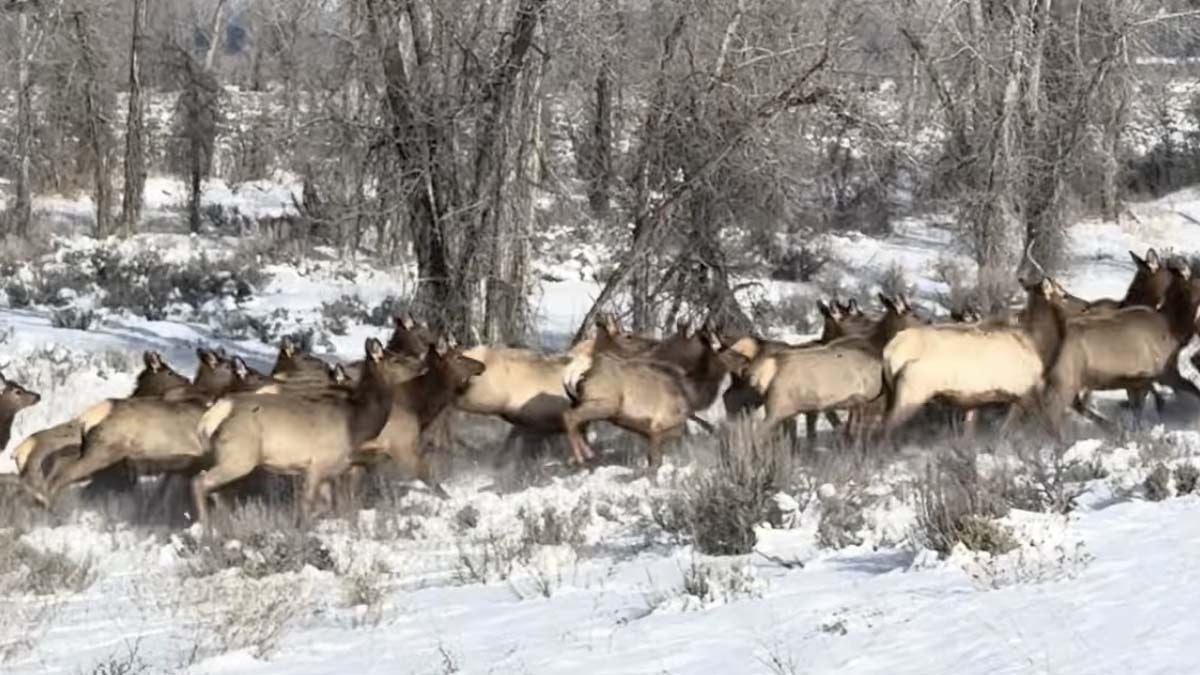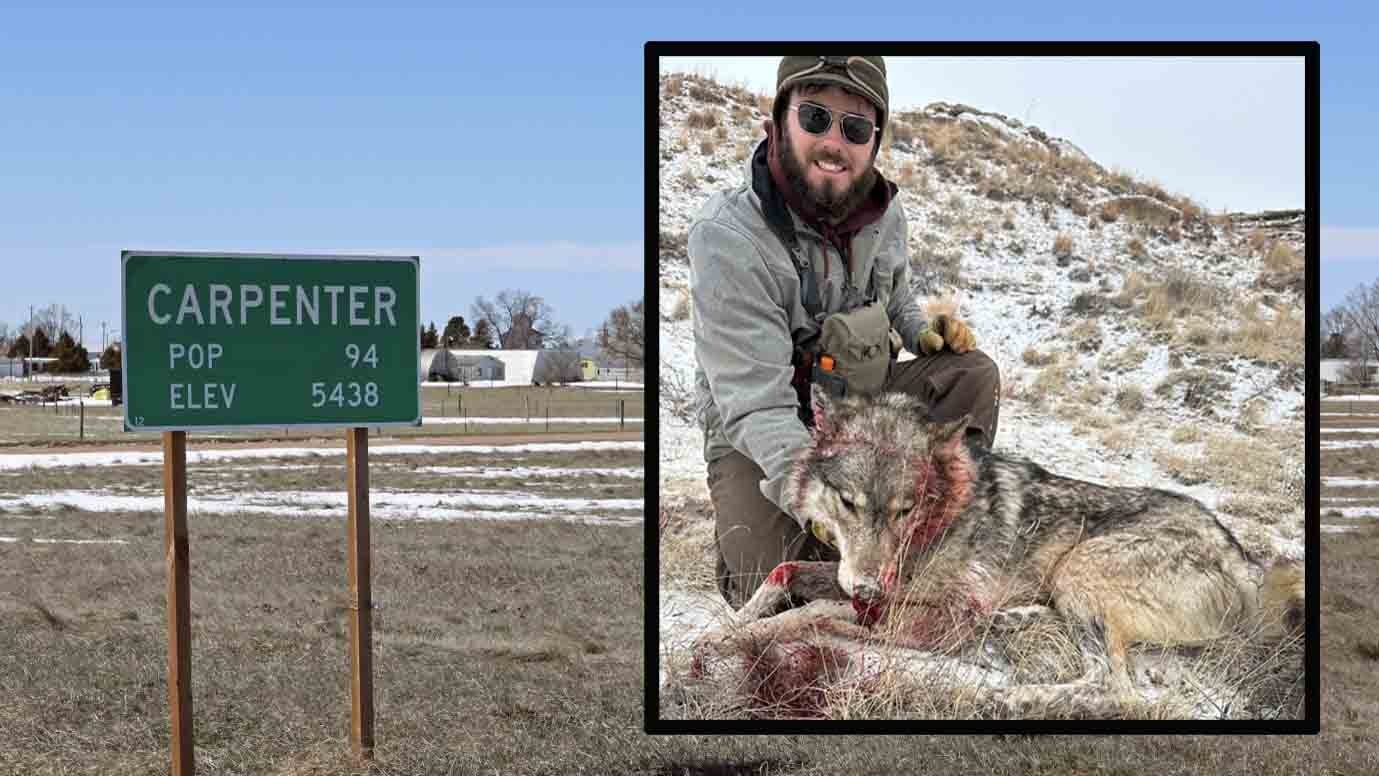Pulling 1,600 wild mustangs from Wyoming’s Red Desert region is cruel to the horses and costly to taxpayers and unnecessary, claim horse advocates who are suing the Bureau of Land Management.
“It’s not about saving the environment, it’s about getting rid of the wild horses” in favor of cattle grazing, said Suzanne Roy, a spokeswoman for the American Wild Horse Campaign.
That group, along with the Animal Welfare Institute, the Western Watersheds Project and others filed a lawsuit this week in the U.S. District Court of Wyoming attempting to stop future roundups of wild mustangs from the Red Desert region.
The BLM plans to take as many as 1,600 mustangs from that area would essentially wipe out herds there, Roy said, clearing the way for more cattle grazing.
“It’s basically turning public lands there into an area that provides for livestock interests,” Roy told Cowboy State Daily.
More BLM roundups could be announced in October, she said.
A Cowboy State Daily request for comment from the BLM wasn’t answered Thursday.
Long Controversy
Controversy, and lawsuits, over mustangs in Wyoming are nothing new. The horses have been a source of contention for decades.
The federal Wild Horse and Burro Act of 1971 put the mustangs under federal protection and the BLM in charge of managing them.
Horses native to North America are thought to have died out thousands of years ago. The mustangs are the descendants of horses that escaped from or were set loose by Spanish explorers, the U.S. Cavalry and others as the West was settled.
Advocates, such as the Wild Horse Campaign, argue that Wyoming’s wild mustangs have been here long enough and have adapted well enough to the landscape to be considered wildlife. They also claim that the mustangs get blamed for damage to the ecosystem being done by cattle.
Detractors claim that the mustangs are a feral invasive species that can be harmful to agriculture and push out native wildlife, such as mule deer.
That latter groups favor seriously culling the number of mustangs on the range, but wild horse advocates said the habitat can support them. Some from both sides favor fertility control for horse herds. That involves mares being shot with darts that inject them with birth control drugs.
BLM Can’t Claim Obligation To Ranchers, Advocates Say
The BLM claims that a settlement about a decade ago between the agency and the Rock Springs Grazing Association obligates it to carry out the roundups, Roy said.
However, the lawsuit argues that no such obligation exists, because the BLM agreed only to “assess” the possibility of roundups, she said.
The BLM has also failed to evaluate the possibility of land swaps in the area that could eliminate the “checkerboarding” of private land and BLM property, and create contiguous habitat for the horse herds, Roy said.
Cruel And Expensive To Taxpayers
The Wild Horse Campaign claims that the BLM roundup program is cruel and costs taxpayers tens of millions of dollars, Roy said.
The BLM uses helicopters to drive the mustangs into trap pens, which can cause the animals to panic and injure themselves, she said. The trapping also breaks up “family bands” that mustangs form in the wild.
“You can hear them calling for each other as they’re separated,” she said. “It’s gut-wrenching.”
Mustangs are taken to large holding pens, which are too constrictive and “unnatural” for them. Some of the horses might get hurt in the pens or lose the will to live and stop eating, she said.
Capturing and holding the mustangs is expensive, Rosy said.
“It’s asking the taxpayers to sped millions of dollars to clear the land of wild horses so private livestock grazing can take place on public land,” she said.
Off To Slaughter?
A few of the mustangs are adopted out to people who treat them well, Roy said. Each person can adopt up to four horses.
However, some people group together to adopt numerous horses, then profit by sending them to horse slaughter plants in Mexico, where they are butchered and the meat is “shipped overseas for human consumption,” Roy said.
Opinions remain divided over whether American horse slaughter plants, which have been closed for years, should be reopened.
Alfons Gulickx of Vilvoorde, Belgium, runs the De Kuiper restaurant, which serves horse meat. He told Cowboy State Daily that he doesn’t trust the quality of meat coming from Mexican slaughterhouses and so he buys horse meat from other sources.
He added that if Wyoming mustang meat were to become available, he’d likely buy some.
Mark Heinz can be reached at Mark@CowboyStateDaily.com.

